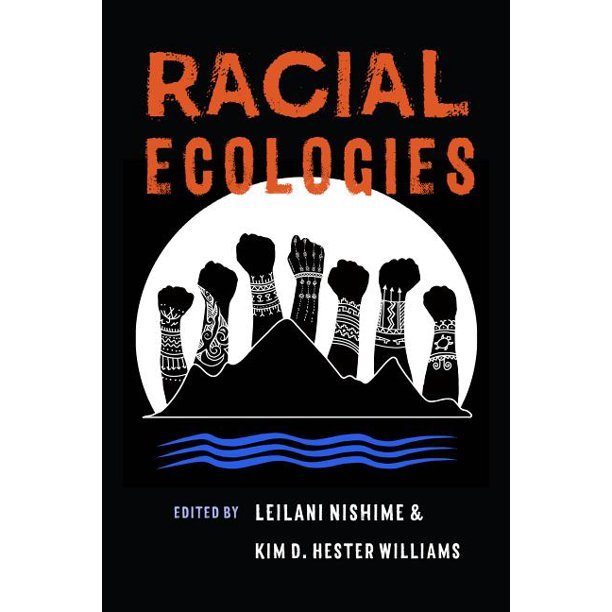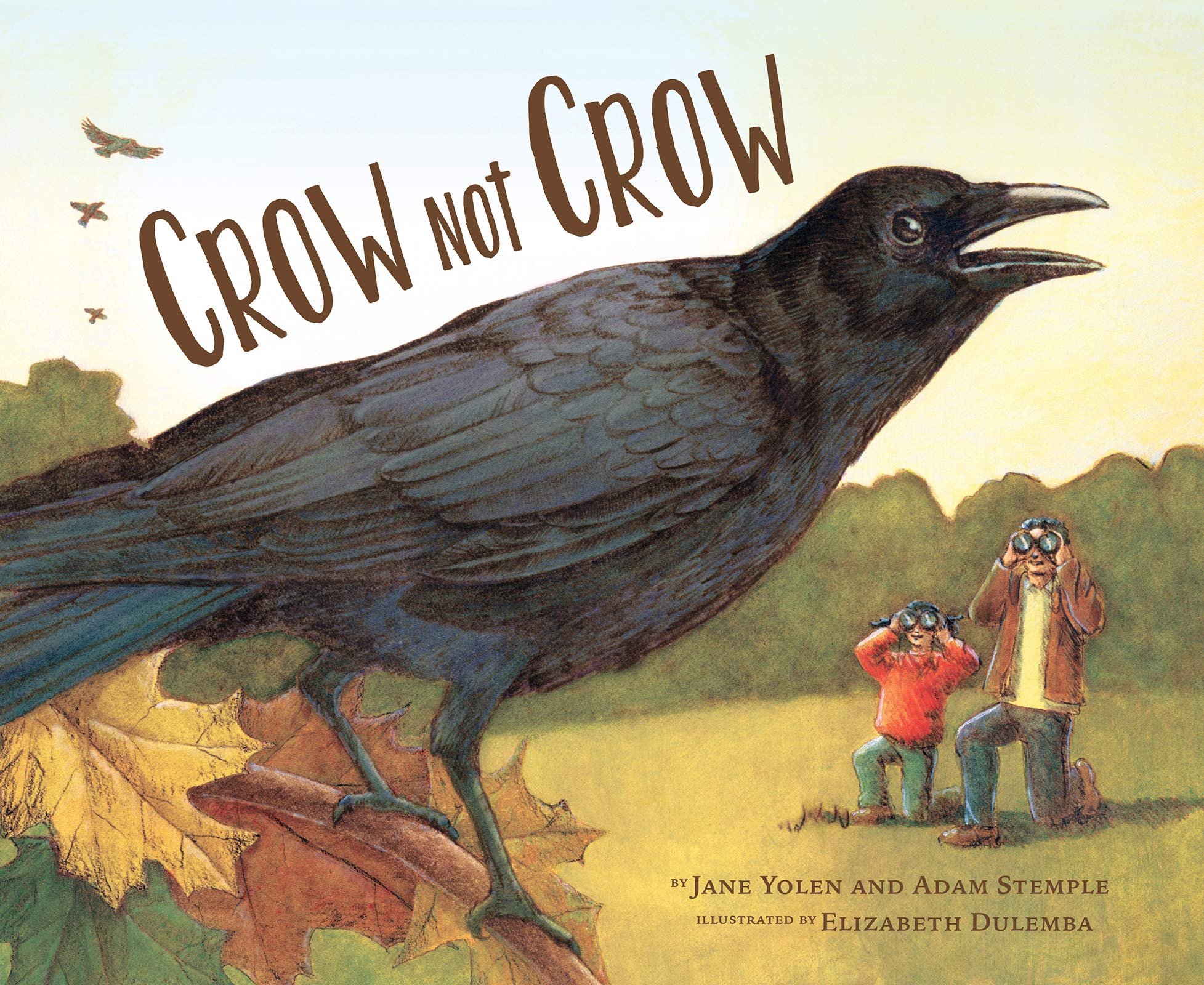 Image 1 of 1
Image 1 of 1


Racial Ecologies
Edited by LeiLani Nishime and Kim D. Hester Williams
From the Flint water crisis to the Dakota Access Pipeline controversy, environmental threats and degradation disproportionately affect communities of color, with often dire consequences for people’s lives and health. Racial Ecologies explores activist strategies and creative responses, such as those of Mexican migrant women, New Zealand Maori, and African American farmers in urban Detroit, demonstrating that people of color have always been and continue to be leaders in the fight for a more equitable and ecologically just world.
Grounded in an ethnic-studies perspective, this interdisciplinary collection illustrates how race intersects with Indigeneity, colonialism, gender, nationality, and class to shape our understanding of both nature and environmental harm, showing how and why environmental issues are also racial issues. Indeed, Indigenous, critical race, and postcolonial frameworks are crucial for comprehending and addressing accelerating anthropogenic change, from the local to the global, and for imagining speculative futures. This forward-looking, critical intervention bridges environmental scholarship and ethnic studies and will prove indispensable to activists, scholars, and students alike.
Paperback. Published in 2018 by the University of Washington Press.
LeiLani Nishime is associate professor in the Department of Communication at the University of Washington. She is the author of Undercover Asian: Multiracial Asian Americans in Visual Culture. Kim D. Hester Williams is professor of English at Sonoma State University. The contributors are Sunny Chan, Yu-Fang Cho, Zoltán Grossman, Dominique Bourg Hacker, Stephen Nathan Haymes, Tiffany Jeannette King, Dian Million, Curtiz Marez, Catalina Maíre de Onís, Ashley Cheyemi McNeil, Jessi Quizar, Ana Elizabeth Rosas, Min Hyoung Song, Julie Sze, and Erica Tom.
Edited by LeiLani Nishime and Kim D. Hester Williams
From the Flint water crisis to the Dakota Access Pipeline controversy, environmental threats and degradation disproportionately affect communities of color, with often dire consequences for people’s lives and health. Racial Ecologies explores activist strategies and creative responses, such as those of Mexican migrant women, New Zealand Maori, and African American farmers in urban Detroit, demonstrating that people of color have always been and continue to be leaders in the fight for a more equitable and ecologically just world.
Grounded in an ethnic-studies perspective, this interdisciplinary collection illustrates how race intersects with Indigeneity, colonialism, gender, nationality, and class to shape our understanding of both nature and environmental harm, showing how and why environmental issues are also racial issues. Indeed, Indigenous, critical race, and postcolonial frameworks are crucial for comprehending and addressing accelerating anthropogenic change, from the local to the global, and for imagining speculative futures. This forward-looking, critical intervention bridges environmental scholarship and ethnic studies and will prove indispensable to activists, scholars, and students alike.
Paperback. Published in 2018 by the University of Washington Press.
LeiLani Nishime is associate professor in the Department of Communication at the University of Washington. She is the author of Undercover Asian: Multiracial Asian Americans in Visual Culture. Kim D. Hester Williams is professor of English at Sonoma State University. The contributors are Sunny Chan, Yu-Fang Cho, Zoltán Grossman, Dominique Bourg Hacker, Stephen Nathan Haymes, Tiffany Jeannette King, Dian Million, Curtiz Marez, Catalina Maíre de Onís, Ashley Cheyemi McNeil, Jessi Quizar, Ana Elizabeth Rosas, Min Hyoung Song, Julie Sze, and Erica Tom.







